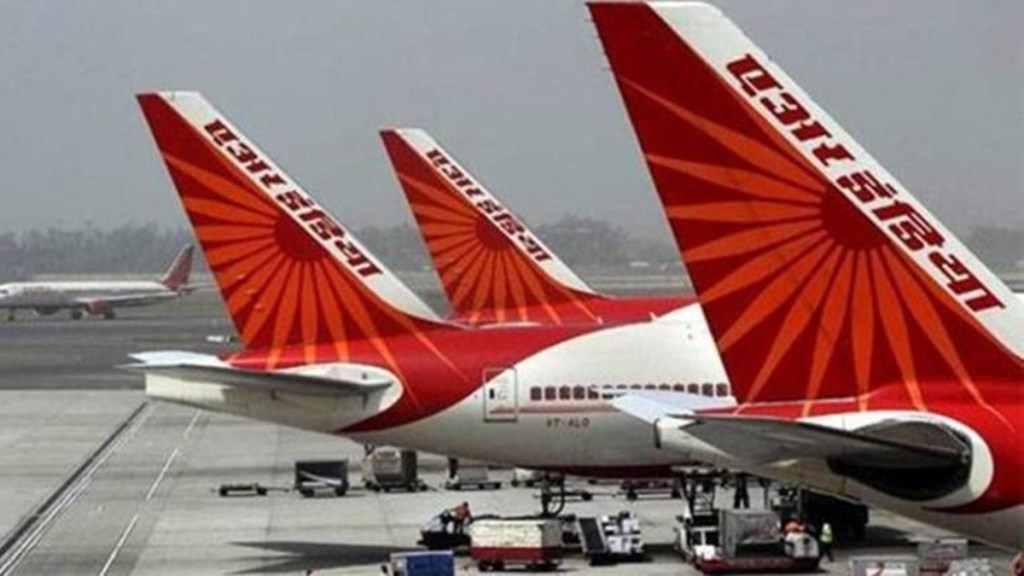The first anniversary of the Tata group’s takeover of Air India (AI) is slated for this month-end, but it is highly unlikely that Bombay House will be in any mood to celebrate the occasion. The incident of an inebriated passenger urinating on a fellow passenger was horrific enough, but Air India’s response to it was sub-standard, to say the least. It is not often that the aviation regulator refers to the conduct of an airline’s management as “unprofessional”—unfortunately, few would disagree with that assessment. The Directorate General of Civil Aviation, which has sought details from AI on the incident, has said the airline had not complied with provisions related to the handling of unruly passengers which led to a “systemic failure”. There are manuals and standard operating procedures on how to deal with every kind of situation, but AI seemed to have only chosen to gloss over the incident by stating that the offender apologised, the victim relented and did not press charges. Quite inexplicably, the Air India legal team notified the Delhi police about the incident on December 28, over a month after it took place.
It is clear that AI needs to have a better crisis management system. The letters written by two of the group’s top executives were well intended, but they came too late—only after the incidents led to a public outrage. In that sense, it was a classic case of trying to close the stable door after the horse has long fled—one had expected the Tata group to do much better. To be sure, AI isn’t alone in this. It is well known that many such dark tales have gone unreported all over the world only to be discussed behind closed doors. This spiral of silence needs to be broken. The fact also is airlines are usually reluctant to take harsh action against passengers, specially if they are business-class flyers—a scarce commodity these days. Very few airlines—even globally—report such cases to the law agencies, as a result of which, despite obvious violations of the law by passengers, very few have actually been arrested, and even fewer have been fined or imprisoned.
Also read: What the telecom sector needs
To be fair to airlines, some passengers think that when they buy a flight ticket, they have bought the plane, the crew and everyone else. This feeling of entitlement needs to be stopped by penalising fliers who violate norms with strict punishments. The DGCA rules on unruly behaviour by passengers, which were was framed in 2017, need to be tweaked—for example, lodging a first information report in such cases should be made mandatory in the standard operating procedure of all airlines. Besides, the cases should be looked into by independent committees instead of internal committees of airlines. This would shield the airlines from charges of trying to hush up such matters. Also, an unruly passenger should be barred from flying with all airlines till the inquiry is pending. The present rules don’t prevent such passengers from flying with other airlines. It is obvious that stricter punishments are necessary to deter such abominable behaviour in India’s skies. In its earlier avatar as a public sector undertaking, AI had built a reputation for tolerating almost everything—bad service, poor discipline and passenger misbehaviour. The Tatas would do well to give priority to changing that culture, instead of sweating over strict dress codes and receding hairlines of the crew.
